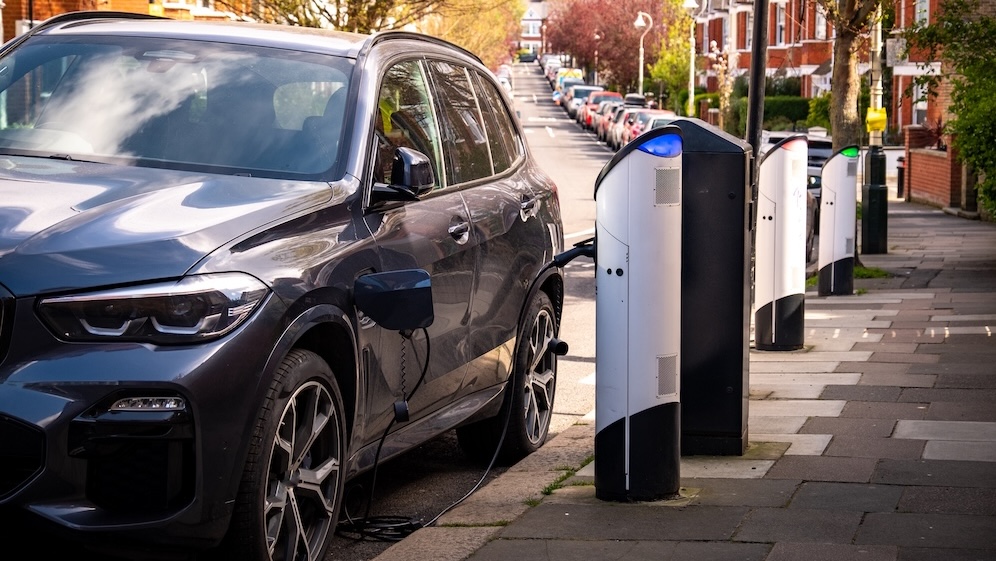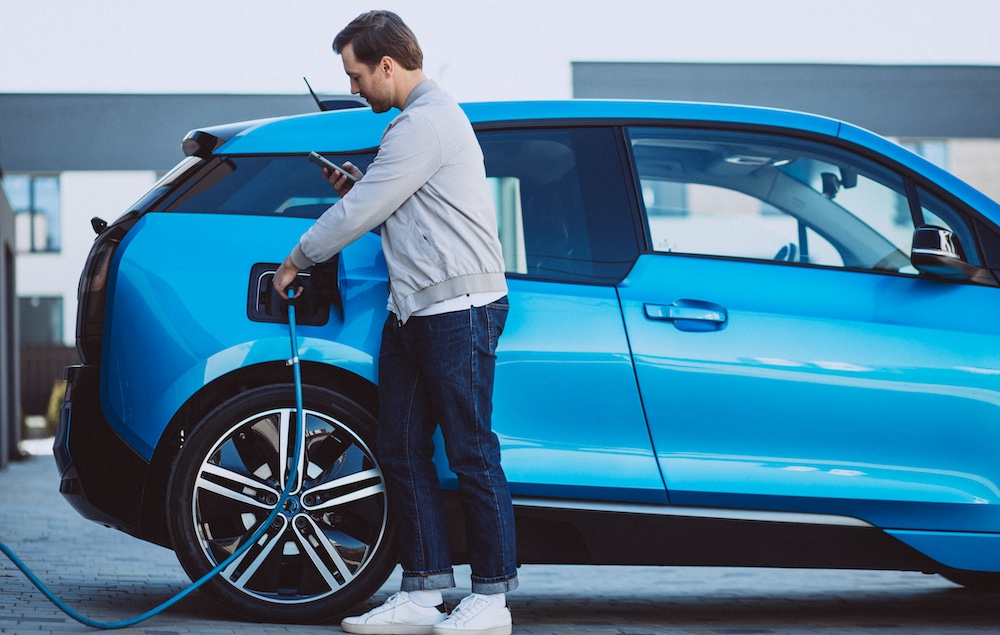EV grants and incentives UK: Your guide to savings in 2025
From the plug-in car grant, reduced home installations and 3-9% company car Benefit-in-Kind (BiK), UK drivers can save thousands on electric vehicles with EV grants and incentives in 2025/26.
An increasing number of UK drivers are switching to electric vehicles (EVs), thanks to lower running costs and reduced emissions. To support this transition, a range of EV grants and financial incentives are available to cut the cost of purchase, charger installation and ownership.
However, EV incentives offered by the UK government, employers and local councils change regularly, which can make it hard to understand what you’re eligible for and how to apply.
This guide brings together the latest information on the UK electric vehicle grants available in 2025/26, including plug-in car grants, EV charger grants, tax incentives for company cars, and local council perks. Helping you make the most of available EV savings.
Government EV grants for purchase and home chargers
The UK government offers EV grants that make both buying an electric vehicle and charging it at home more affordable.
Plug-in vehicle grant
Government support for EVs includes the Electric Car Grant (ECG), part of a £650 billion low-emission vehicle incentive program designed to encourage EV adoption by reducing purchase prices by up to £3,750.
To qualify, vehicles must:
- Be an M1 passenger vehicle
- Produce zero tailpipe emissions
- Have a battery range of at least 100 miles
- Include a three-year or 60,000-mile warranty
- Feature a battery with an eight-year or 100,000-mile warranty
- Meet sustainability and recyclability criteria
You don’t need to apply for this plug-in car grant yourself. Eligible dealers automatically apply the discount at purchase. The scheme is expected to run until 2028-29, or until funding is exhausted, so it’s worth acting soon to secure the savings.
EV charger grants UK
Charging your EV at home remains the cheapest and easiest way to power your vehicle. Home charger incentives like EV charger grants help with the cost of installation.
- Off-street parking: Homeowners with private driveways may qualify for up to £350 towards installation via an OZEV-authorised installer.
- On-street parking: Drivers can also apply for up to £350 toward the price of installing a charge point and cross-pavement solution (like a charging gully) at your property. Applications close 3rd April 2026.
These home charger incentives make it easier to enjoy the convenience and low running costs of home charging.
Company car tax benefits and EV incentives
Employers may also offer a range of EV incentives that significantly lower total cost of ownership.
Benefit-in-Kind EV tax incentives
Company car drivers pay Benefit-in-Kind (BiK) tax based on their car’s value and CO2 emissions. Petrol and diesel vehicles are typically taxed at 25-37% BiK in 2025, while EVs are taxed at 3% BiK, rising gradually to 9% in 2029.
This EV tax incentive can save company car users thousands of pounds per year compared to ICE equivalents.
Salary sacrifice schemes
If your employer doesn’t offer a company car scheme, salary sacrifice options provide another route to EV savings.
Under these employee car ownership schemes, you lease an EV through your employer and pay via your pre-tax salary, meaning you pay less Income Tax and National Insurance.
Depending on your tax band, this can cut the cost of driving an EV by 20–50% compared to leasing or buying the same vehicle privately.
Workplace charging schemes
Businesses, charities and public sector organisations can also claim EV charger grants (UK) funding through the Workplace Charging Scheme (WCS).
The grant covers up to 75% of installation costs, capped at £350 per socket (up to 40 sockets per site).
Many employers then offer discounted or free workplace charging, creating even more low-emission vehicle incentives for staff.
Local schemes for EV drivers
Many local councils offer EV incentives that provide further savings and convenience for drivers.
Clean Air Zones & EV incentives
Cities like Birmingham, London, Sheffield and Portsmouth have Clean Air Zones (CAZs) in place, charging non-compliant vehicles to enter certain areas. Because EVs produce zero emissions, they’re exempt from CAZ charges, saving regular commuters up to £70 per week depending on location and frequency.
Congestion charges
One of London’s biggest EV incentives is currently a 100% ‘cleaner air’ discount in the Congestion Charge Zone for battery electric or hydrogen fuel cell vehicles. The discount isn’t applied automatically, so you’ll need to apply online by uploading a copy of your V5C vehicle registration certificate.
From 25 December 2025, the cleaner air discount will be discontinued, and EVs will also be subject to the Congestion Charge.
Other local EV incentives
Depending on where you live, other EV incentives include.
- Free or discounted public parking
- Discounted resident parking permits
- Reduced toll charges
- Permission to use bus lanes (they may be marked as bus/ULEV lanes)
Check your council’s website to see a full list of local EV perks in your area.
How to maximise your EV savings in 2025/26
Combining multiple EV grants and incentives can help you maximise total savings.
For instance, you could lease an EV through a salary sacrifice scheme that qualifies for the plug-in car grant, reducing both your upfront cost and tax. Add in home charge incentives and local exemptions, and your overall cost of EV ownership could drop substantially.
Always check your eligibility criteria and application deadlines, as many EV purchase schemes have limited funding or fixed end dates.
Conclusion: EV grants and incentives
A wide range of EV grants and electric vehicle incentives exist in the UK, making switching to electric more affordable. From plug-in car grants and home charger incentives to salary sacrifice schemes and local perks.
By combining EV tax incentives, government schemes and regional benefits, drivers can make substantial EV savings and lower total cost of ownership.
For more guidance on choosing, charging and running an EV, visit our EV Hub.
FAQs: EV grants and incentives UK
What EV grants are available in the UK?
Electric vehicle grants in the UK include the Electric Car Grant (up to £3,750 off new EVs) and EV charger grants offering up to £350 toward game or workplace installation.
Do I need to apply for the plug-in car grant?
No. Eligible dealers apply the discount automatically at the point of sale.
How can I save on EVs via tax?
Company car drivers benefit from a 3% BiK tax rate (rising to 9% by 2029). Salary sacrifice schemes can further reduce Income Tax and National Insurance.
Are there local EV incentives available to drivers?
Yes. Exemptions from Clean Air Zone and Congestion Charges can drive EV savings.
When will EV Congestion Charge exemptions end?
The Cleaner Air Discount in London ends on 25th December 2025. After which EVs will pay for the standard £15 daily fee.








